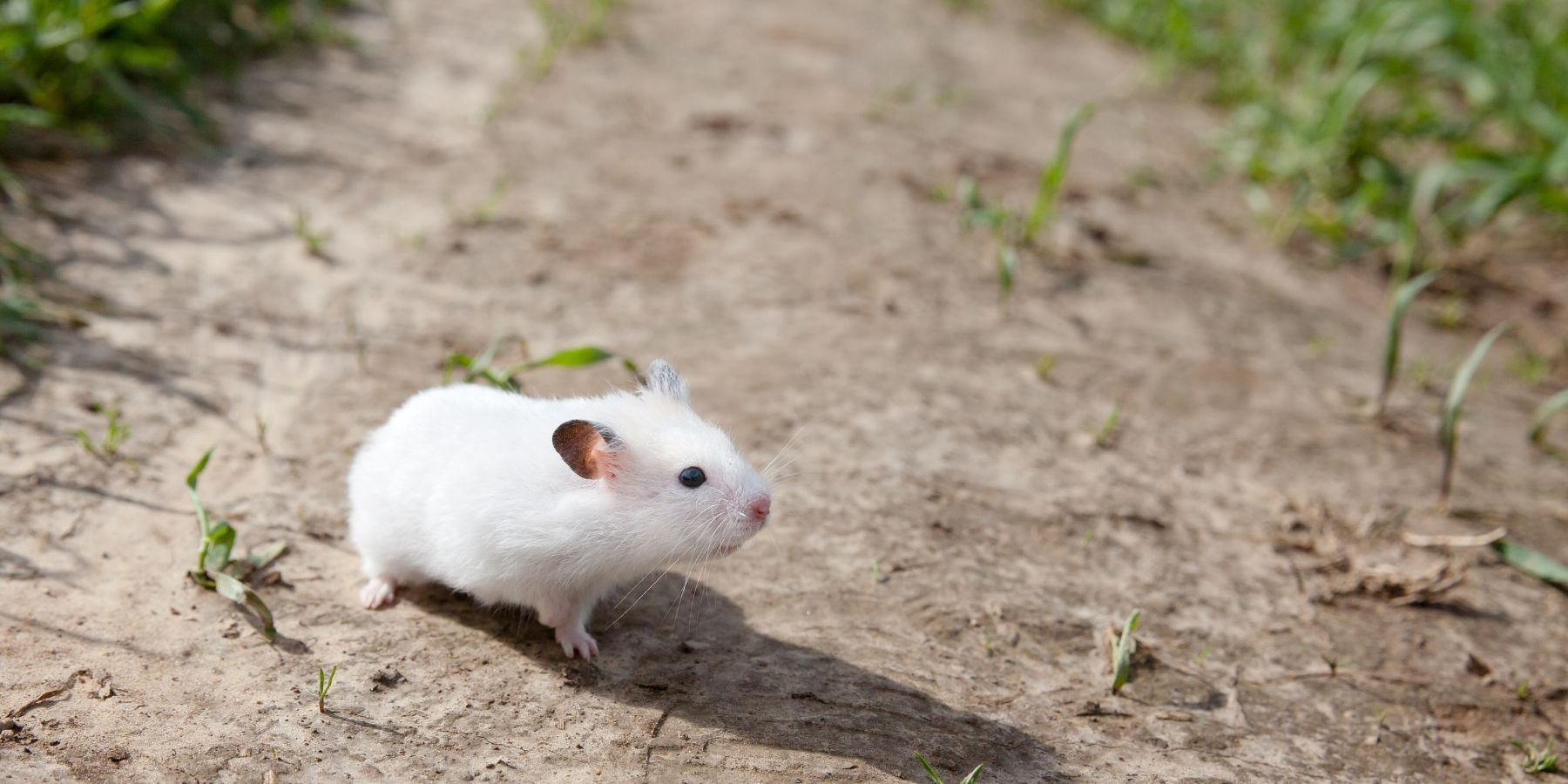Hamsters are delightful little creatures that bring joy to our lives with their tiny paws and adorable antics. We often think of them as indoor pets, safely nestled in their cages. But have you ever wondered about the benefits of taking your hamster outside? In this article, we'll explore why this simple act can make a big difference in your pet's well-being.
The Curious Nature of Hamsters
Before we dive into the reasons why taking your hamster outdoors can be beneficial, let's consider the nature of these furry companions. Hamsters are naturally curious creatures. They enjoy exploring new environments, sniffing around, and discovering new scents and textures. This curiosity is deeply ingrained in their instincts.
Why Do Hamsters Run on Wheels?
To understand why taking your hamster outside is beneficial, it's important to first ask, "Why do hamsters run on wheels?" This question may seem unrelated, but it holds a clue to their active nature.
Hamsters run on wheels because they have an innate need for physical activity. They love to exercise, and in the confined space of their cages, a wheel is their ticket to fulfilling this need. Now, think about what happens when you take them outside.
Benefits of Outdoor Time
Here are the key benefits of giving your hamster some outdoor exposure:
1. Exploration
When you take your hamster outside, you open up a world of new experiences for them. The fresh air, the feel of grass or soil beneath their paws, and the various scents and sounds of the outdoors can stimulate their curiosity like never before. It's a chance for them to explore and expand their horizons.
2. Sunshine and Vitamin D
Just like humans, hamsters benefit from a bit of sunshine. Exposure to natural sunlight allows them to synthesize vitamin D, which is essential for healthy bones. Of course, always ensure your hamster is in a shaded area to prevent overheating.
3. Mental Stimulation
The outdoor environment offers a wealth of mental stimulation for your hamster. The rustling of leaves, chirping birds, and the gentle breeze provide sensory experiences that can keep them engaged and mentally active. This mental stimulation can help prevent boredom and the resulting behavioral issues.
4. Physical Exercise
While hamsters run on wheels indoors, they have limited space. Outdoors, they have more room to roam and exercise their tiny muscles. This can be especially beneficial for their overall health and fitness.
5. Bonding Time
Taking your hamster outside also provides an opportunity for you to bond with your pet. You can sit with them, observe their reactions to the environment, and even offer them treats to associate the outdoors with positive experiences.
Safe Outdoor Adventures
Now that you're convinced of the benefits, it's crucial to ensure your hamster's safety during outdoor excursions. Here are some essential tips:
1. Use a Secure Enclosure
Always place your hamster in a secure enclosure designed specifically for outdoor use. This will prevent them from escaping and encountering potential dangers.
2. Choose a Safe Location
Pick a quiet and safe outdoor location away from predators, loud noises, and direct sunlight. Ensure there are no toxic plants or chemicals nearby.
3. Supervise Closely
Never leave your hamster unattended outdoors. Keep a close eye on them to ensure their safety at all times.
4. Time It Right
Opt for outdoor adventures during mild weather conditions. Extreme heat or cold can be harmful to your hamster.
5. Carry Essentials
Bring along essentials like fresh water, a small hideaway for shade, and treats to make the experience comfortable for your pet.
Conclusion
In conclusion, taking your hamster outside can be a wonderful and enriching experience for both you and your furry friend. It satisfies their innate curiosity, provides essential physical and mental stimulation, and strengthens their bond.
Remember that the key to a successful outdoor adventure with your hamster is safety and supervision. With proper precautions in place, you can create enjoyable outdoor moments that enhance your hamster's well-being.


